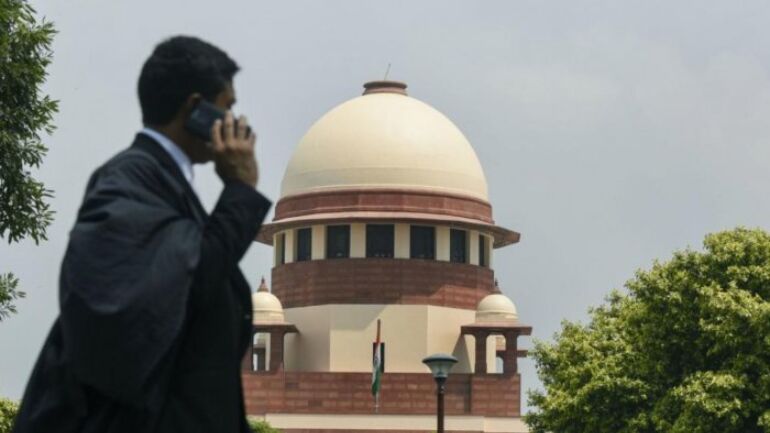SC orders registration of suo motu case for guidelines

New Delhi: The Supreme Court on Tuesday ordered registration of a suo motu case to consider laying down guidelines to deal with the long pendency of criminal appeals in the Allahabad High Court.
A Bench comprising Justices SK Kaul and MM Sundresh said there must be a mechanism that if an accused approaches high court, then the bail applications are listed promptly for hearing.
"An affidavit has been filed by the High Court (Allahabad) accepting suggestions by the government. If we peruse the said suggestions, it will make the exercise of grant of bail more cumbersome.
"If an appeal is pending at the high court stage and the convict has undergone eight years of sentence exceptions apart in most cases bail would be the rule. Despite that, the cases don't come up for consideration. we are not clear how much time is taken for such bail matters to be listed," the Bench noted.
The top court said there may be convicts who may not have requisite access to legal advice for moving bail applications and the high court thus must explore all cases where convicts who have undergone a sentence of eight years can be considered for grant of bail.
"We are also conscious of scenarios where the appeal comes up for a hearing when the appellant will be seeking adjournment rather than arguing the case. That case would certainly not be one for grant of bail," the Bench said.
The Apex Court said the convict must approach the high court first so that the Supreme Court is not unnecessarily burdened.
But there must be a mechanism that if an accused approaches the high court, the bail application is listed promptly, the Bench added.
"In view of our broad observations, HC has to place before us how such cases would be taken up for consideration of grant of bail," the top court said.
"We note that there may be convicts in custody in life sentence cases and in such cases when 50 per cent of sentence is undergone it can be the basis of grant of bail. We grant four weeks to the High Court to place before us their policy in this regard. We would not like to retain consideration of all matters pending before us," the top court said.



